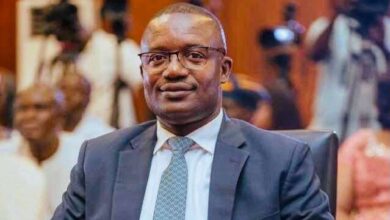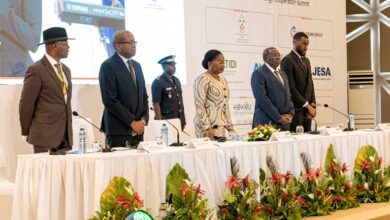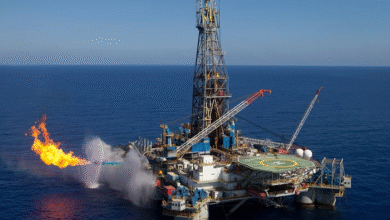17 African Nations Commit to Energy Reforms Under Mission 300

Seventeen African governments have pledged wide-ranging reforms and actionable plans to expand electricity access under Mission 300, an ambitious initiative led by the World Bank Group and the African Development Bank to connect 300 million Africans to power by 2030.
The commitment was announced at the Bloomberg Philanthropies Global Forum, where participating countries endorsed national Energy Compacts. These are tailored blueprints designed to accelerate reforms, strengthen utilities, attract private investment, and guide public spending in the power sector.
Countries signing onto the compacts include Benin, Botswana, Burundi, Cameroon, Comoros, Republic of the Congo, Ethiopia, Gambia, Ghana, Guinea, Kenya, Lesotho, Mozambique, Namibia, São Tomé and Principe, Sierra Leone, and Togo.
World Bank Group President Ajay Banga emphasized that reliable electricity remains central to Africa’s long-term economic growth.
“Electricity is the bedrock of jobs, opportunity, and economic growth. That is why Mission 300 is more than a target. It is forging enduring reforms that slash costs, strengthen utilities, and draw in private investment,” he said.
According to the World Bank, Mission 300 has already connected 30 million people since its launch, with over 100 million more in the pipeline.
African Development Bank President Dr. Sidi Ould Tah echoed the urgency, noting that reliable power is the fastest multiplier for economic transformation.
“Reliable, affordable power is the fastest multiplier for small and medium enterprises, agro-processing, digital work, and industrial value-addition. Give a young entrepreneur power, and you have given them a paycheck,” he said.
At the heart of Mission 300 are the National Energy Compacts. These country-led documents commit governments to bold reforms under three main tracks: infrastructure development, financing models, and policy realignment.
Earlier this year, 12 other African countries, including Nigeria, Tanzania, Senegal, and Côte d’Ivoire, endorsed similar compacts. Together, these governments pledged more than 400 policy actions ranging from tariff reforms and loss-reduction measures to grid expansion and renewable energy integration.
Energy experts say the compacts serve as an investment signal to private financiers, development partners, and utilities. By addressing bottlenecks such as high costs, regulatory risks, and weak governance, the reforms are expected to reduce investor uncertainty and mobilize billions in capital.
Several heads of state stressed the importance of universal energy access for both economic inclusion and competitiveness.
President John Dramani Mahama of Ghana described energy access as key to empowering businesses, reducing poverty, and creating equal opportunities, adding that progress hinges on strong government–private sector partnerships.
President William Ruto of Kenya tied energy directly to his country’s Bottom-Up Economic Transformation Agenda, promising a full transition to clean energy by 2030.
President Denis Sassou Nguesso of the Republic of Congo pointed to his nation’s untapped hydroelectric potential of 27,000MW, saying it could not only meet Congo’s domestic needs but also export power across Africa.
President Julius Maada Bio of Sierra Leone called his country’s compact “the most ambitious and comprehensive energy infrastructure initiative ever developed,” aimed at unlocking inclusive growth.
From wind power in Lesotho to abundant sunlight in the Sahel, leaders stressed that Africa’s renewable potential remains vast and largely untapped.
Mission 300 is backed by a coalition of international partners, including the Rockefeller Foundation, the Global Energy Alliance for People and Planet, Sustainable Energy for All, and the World Bank’s Energy Sector Management Assistance Program. Together, they are offering co-financing, technical assistance, and innovative financing models to accelerate progress.
This blend of public commitment and multilateral support signals a shift in Africa’s power sector from fragmented, underfunded projects to coordinated, large-scale reforms tied to measurable targets.
Africa is home to nearly 600 million people without access to electricity, representing more than two-thirds of the global total. Experts argue that without universal energy access, economic transformation, industrialization, and digital competitiveness will remain out of reach.
By positioning electricity as both a social right and an economic enabler, Mission 300 seeks to unlock Africa’s growth potential. With more than 30 million people already connected and momentum building, observers say the challenge will be in sustaining political will, ensuring accountability, and translating reforms into reliable, affordable power on the ground.
As Ajay Banga summed up: “Mission 300 is not just about plugging people into the grid. It is about powering Africa’s future, industry, jobs, and opportunity.”




